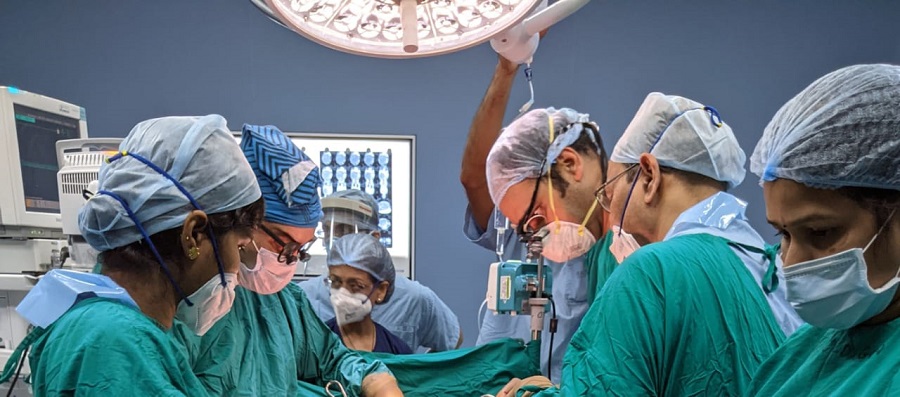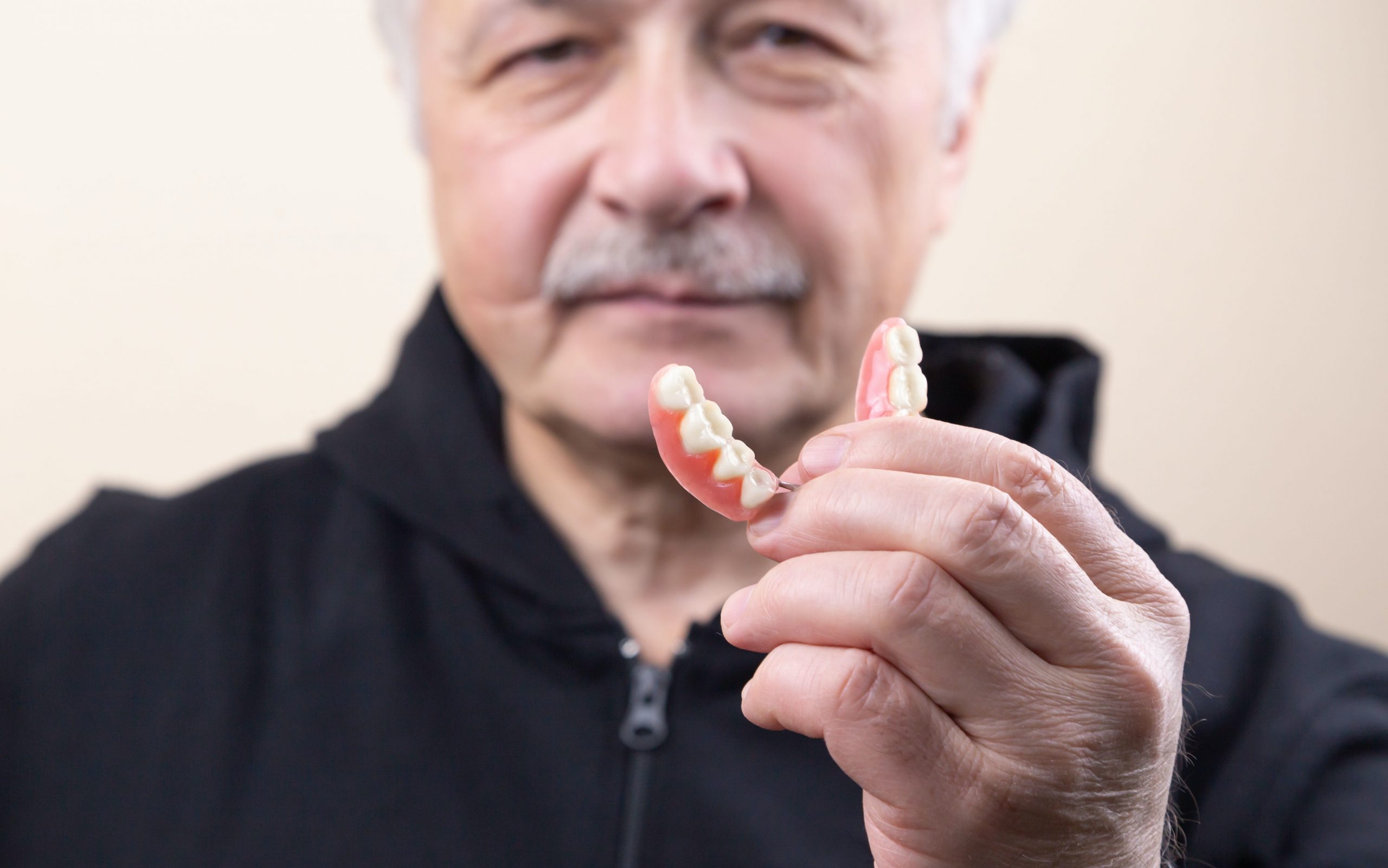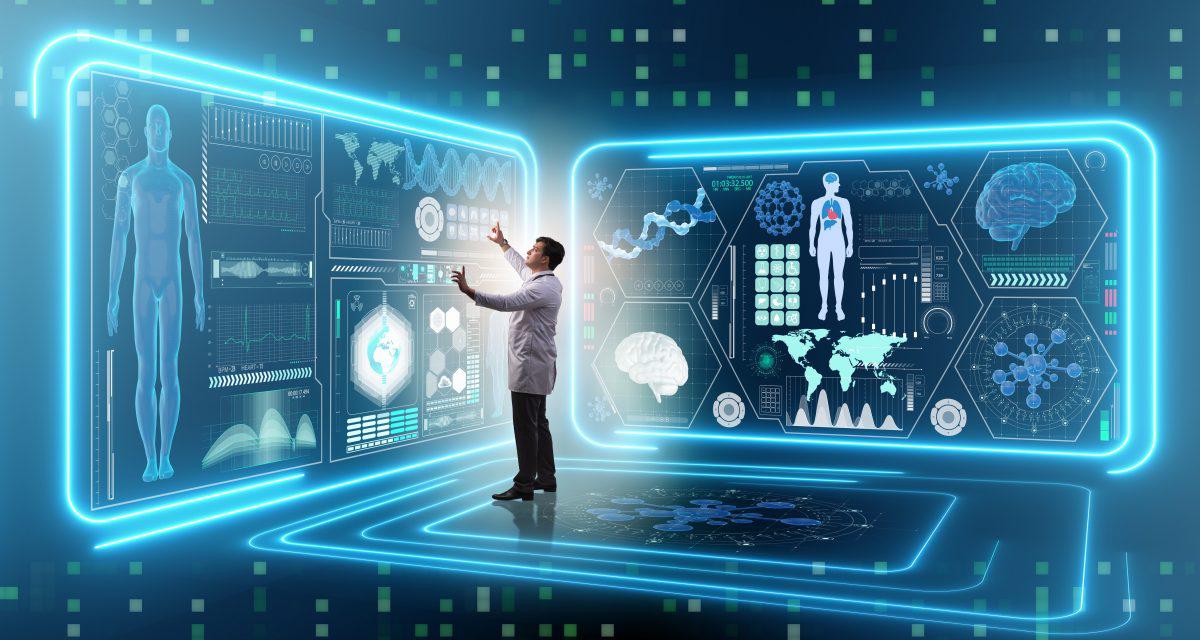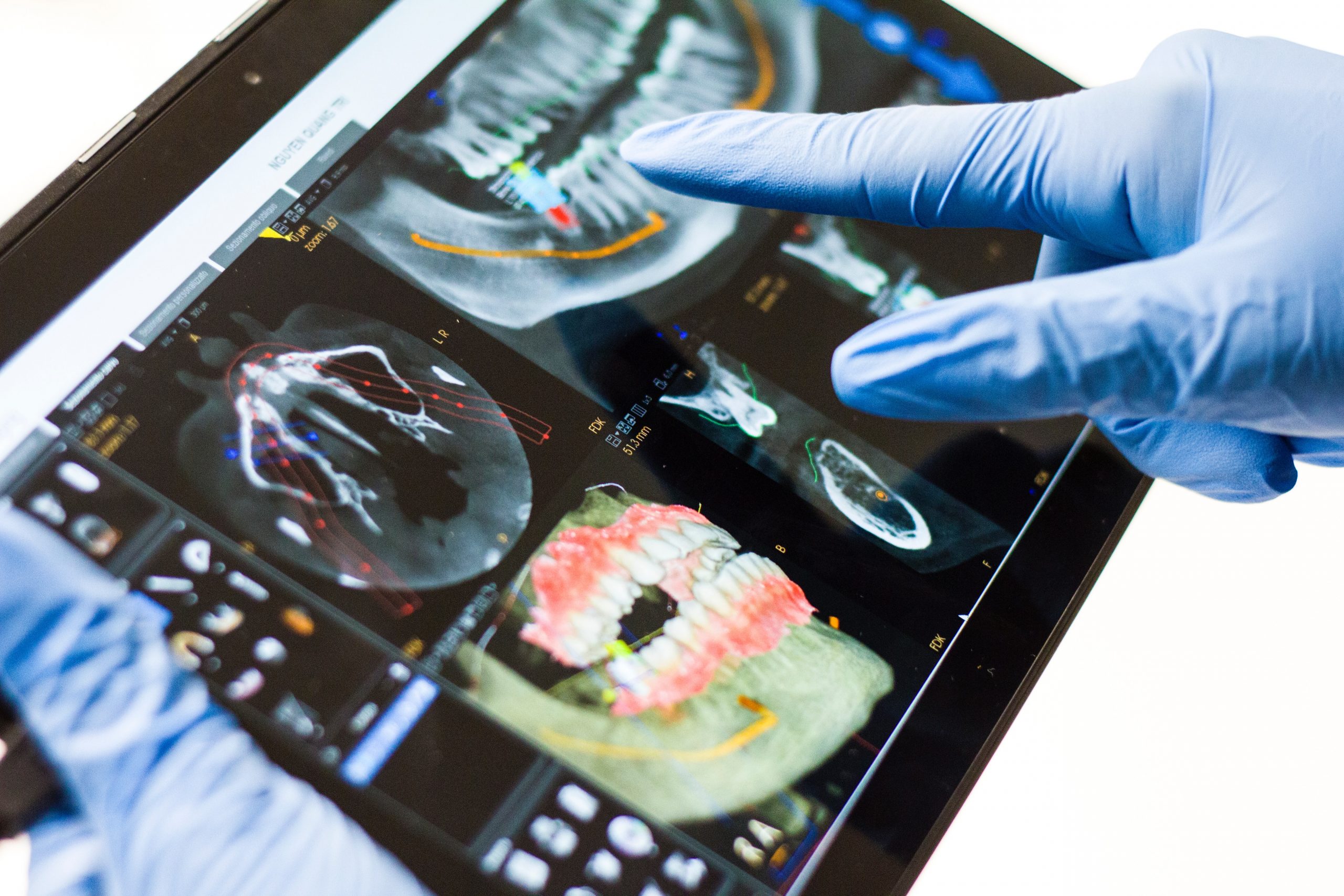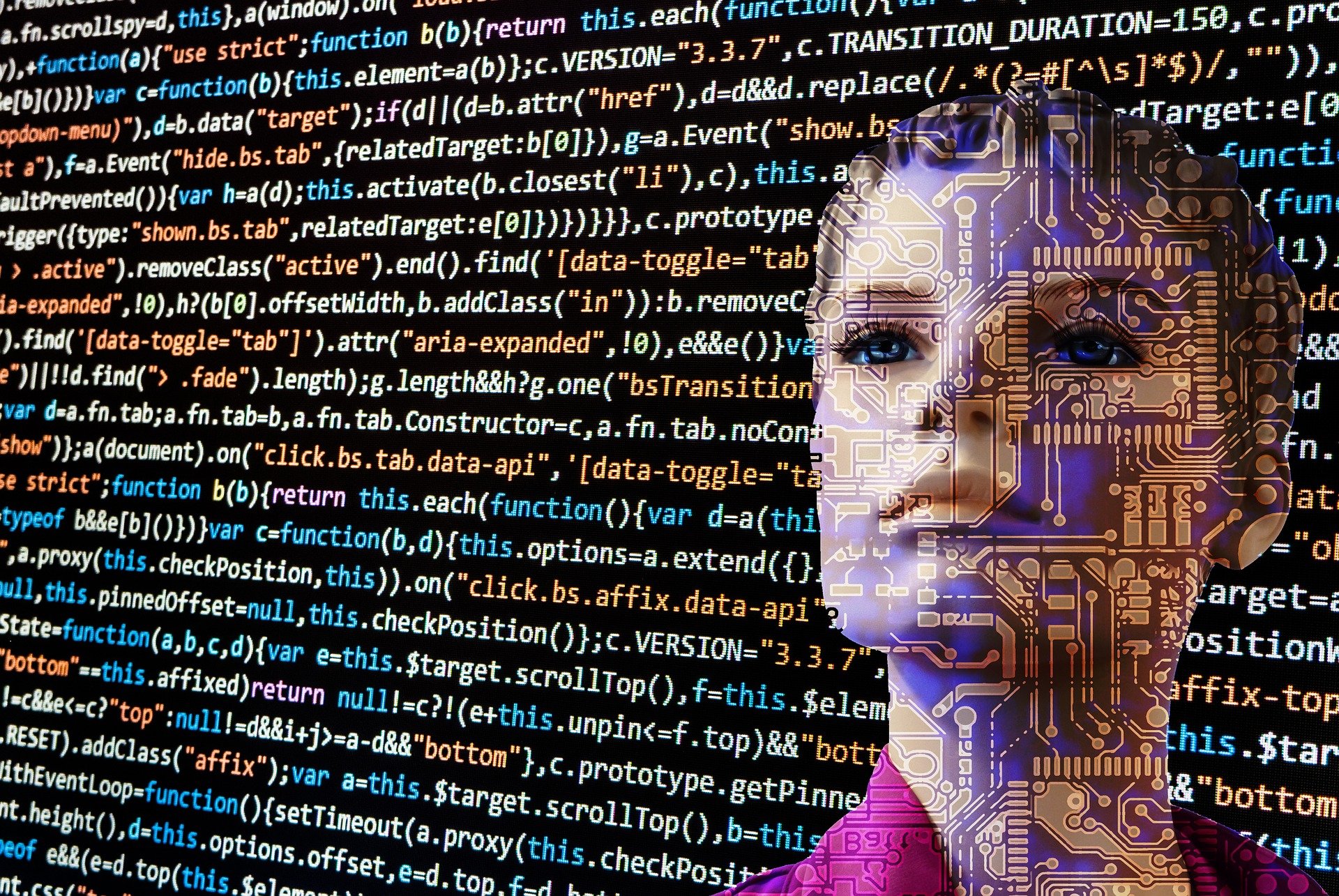
How Artificial intelligence is Driving HealthCare Forward
Artificial intelligence is Driving HealthCare and has the potential to revolutionize healthcare altogether. Early Artificial Intelligence adopters are already seeing a significant impact on their organisation.
With remarkable clarity, this year has demonstrated how important a high-functioning healthcare system is not just for the well-being of populations, but also for the functioning of a community as a whole. Almost every aspect of our modern lives depends on a safe, competent population and that’s why it’s time to invest in the technical improvements to these structures that have been on the horizon for a long time now, while we have this clarity of insight.
In addition, AI strengthens the ability of healthcare practitioners to better understand the everyday habits and needs of the patients they care about, and with that insight, they can provide better input, encouragement, and support to remain healthy. In order to control early-stage heart disease, the proliferation of consumer wearables and other medical devices paired with AI is now being used, allowing physicians and other caregivers to better monitor and diagnose potentially life-threatening episodes at earlier, more treatable levels. AI will help physicians take a more holistic approach to disease management, better align care plans, and help patients to better control and comply with their long-term treatment programs, in addition to scanning health records to help providers recognize chronically ill people who may be at risk of an adverse episode.
Artificial Intelligence is Driving HealthCare and the good news is that there are early AI adopters in the medical world that are already having a significant impact. For example, in the field of medical imaging, AI helps physicians identify possible causes of concern in X-rays and other scans. Patients are pushed up the list for review and treatment by faster and better diagnosis, ensuring higher-risk patients are treated quicker and have better chances of recovery. It has the ability to fully revolutionize healthcare. But the beginning is just that. There are numerous advantages for health professionals looking to refine their findings, from identifying patterns in disease evolution or markers for genetic risk, to actually being able to detect trends and prejudices in the diagnoses of a radiologist. We will provide preventive treatment if we apply AI to individual patient care plans over time. Preventative medicine has the ability to remove or substantially decrease such negative effects, and AI may make it affordable and available to everyone in a way that can not be provided by current programs.


